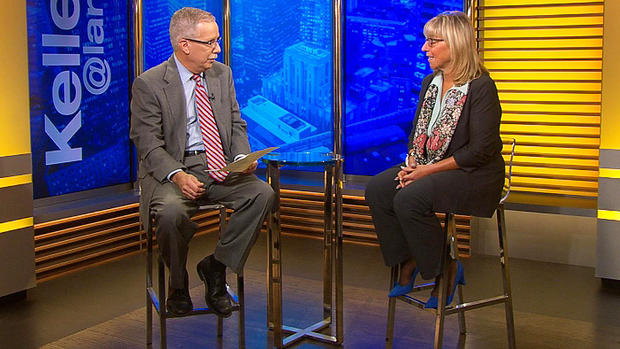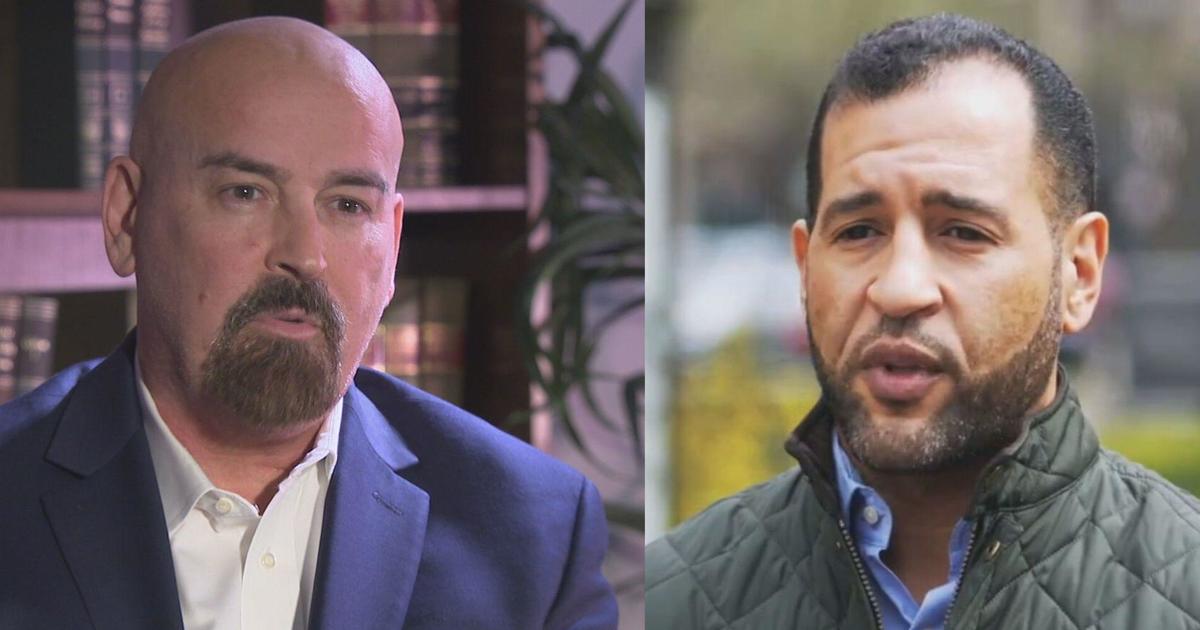Senate President Says Long Debated Distracted Driving Law Is Close
BOSTON (CBS) - Massachusetts Senate President Karen Spilka (D-Ashland) said her "heart goes out to the families that have been impacted so horribly" by accidents caused by distracted driving.
But a long-running effort to get a state ban on the practice that would limit drivers to hands-free use of cellphones while driving remains stalled on Beacon Hill, to the increasing consternation of advocates who's been pushing for a ban for years.
Related: Families Of Distracted Driving Victims Demand Answers At State House
An apparent compromise between House and Senate negotiators fell apart in late July when key senators refused to sign off on a draft agreement. The sticking point has apparently been provisions in the bill requiring police to collect data on any distracted driving traffic stop as a hedge against racial profiling, a step agreed to in principle by both branches.
In an interview with WBZ-TV Thursday that will air Sunday, Spilka underscored the importance of the data collection issue.
"Every time we've passed it, we've had both the distracted driving piece to it and the data collection to prevent racial profiling and deal with implicit bias. Both of those pieces are public safety pieces and are intertwined," she said.
State House sources told WBZ-TV the rub is that the Senate wants to go further on data collection – by, for instance, sharing it with private groups active in the debate over police conduct and racial profiling - than the House had agreed to in the compromise that stalled this summer.
Spilka says a resolution of the issues is near.
Watch a clip from the interview in the video above. You can see the entire interview with Karen Spilka this Sunday, Sept. 29 at 8:30 a.m. on WBZ-TV News.




